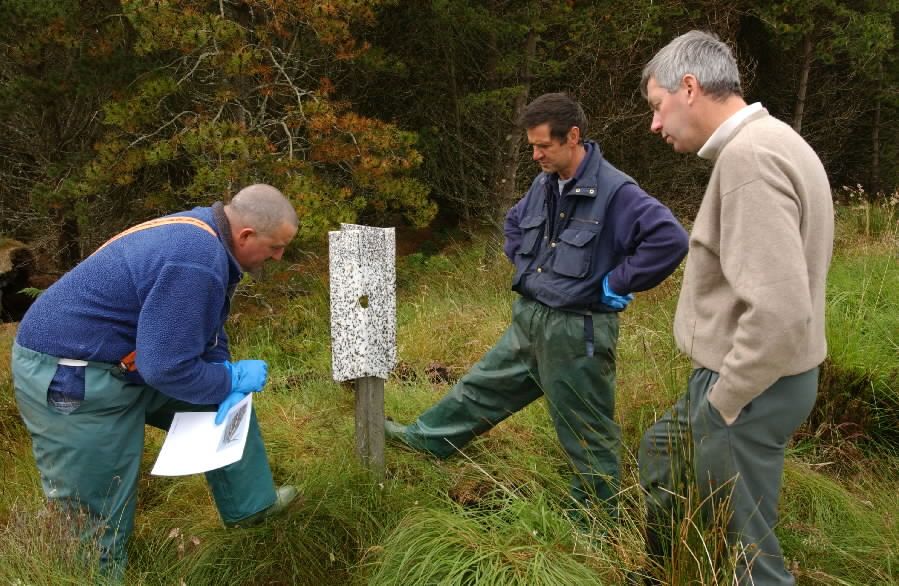Government policy across the UK seeks to encourage woodland owners, both commercial and non-commercial, to implement resilient management of their forests and woodlands. However, there are significant barriers to the uptake of resilient forestry practice, for instance, uncertainty about the efficacy of action, the costs involved, and the perceived difficulty in doing things differently. Presenting data from an evidence review, a national survey, workshops and semi-structured interviews, the full Research Report and summary Research Note describe investigations of private woodland owners’ and managers’ understanding of resilience in regard to forest and woodland management in the UK. They describe the four different components of resilience, resistance, recovery, adaptation and transformation, and explain how each could be linked to management decision-making, planning and implementation of resilience actions. Categorising different kinds of woodland manager, reveals the motivations and preferences which influence each type, and how they conceive resilience differently depending on their beliefs, management objectives, their understanding of forest ecology, and perceptions of risk and uncertainty. The results show changing management practice relies on providing relevant information in a way which impacts owners’ and managers’ beliefs and responses to uncertainty. Future knowledge-transfer strategies must tailor advice specifically for each type of woodland manager.
Publications
Land managers behaviour and forest resilience
Published:
15th January 2019
Author(s):
Publication owners:
Publication type:
Related research
Publications
Woodland managers' understanding of resilience and their future information needs
This Research Note provides an investigation into private woodland owners’ and managers’ understanding of resilience in regard to forest and woodland management in the UK.

